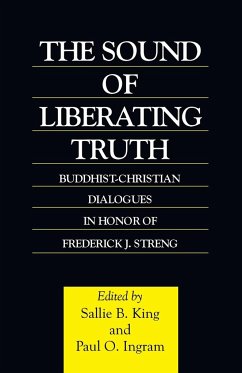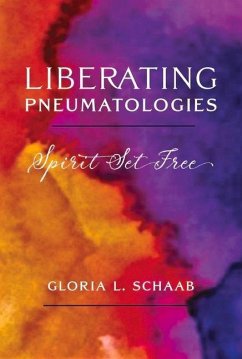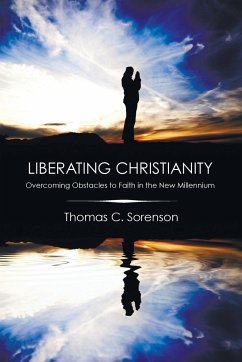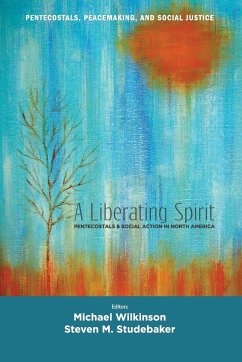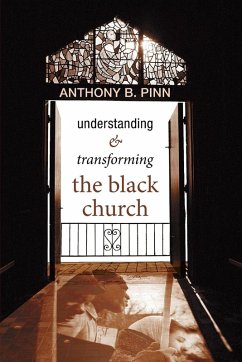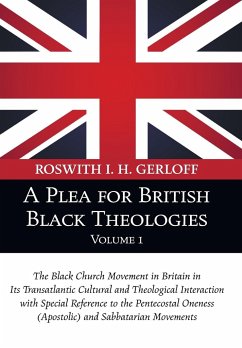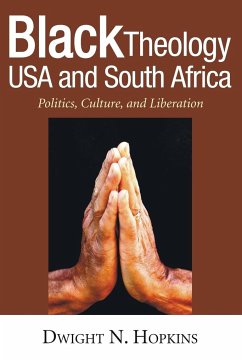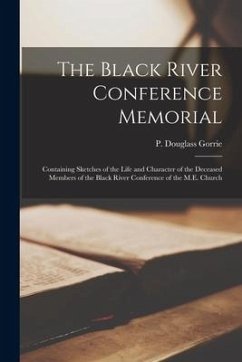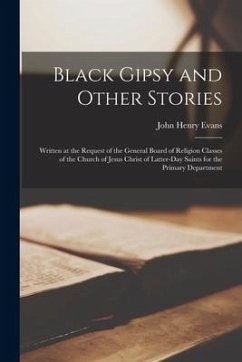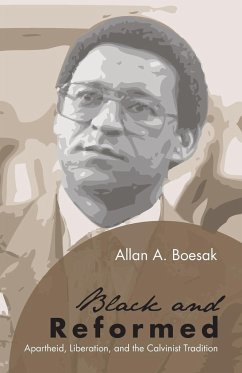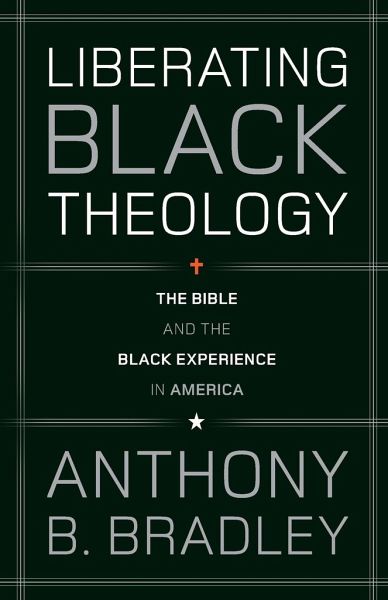
Liberating Black Theology
The Bible and the Black Experience in America

PAYBACK Punkte
8 °P sammeln!
When the beliefs of Barack Obama's former pastor, Rev. Jeremiah Wright, assumed the spotlight during the 2008 presidential campaign, the influence of black liberation theology became hotly debated not just within theological circles but across cultural lines. How many of today's African-American congregations-and how many Americans in general-have been shaped by its view of blacks as perpetual victims of white oppression? In this interdisciplinary, biblical critique of the black experience in America, Anthony Bradley introduces audiences to black liberation theology and its spiritual and socia...
When the beliefs of Barack Obama's former pastor, Rev. Jeremiah Wright, assumed the spotlight during the 2008 presidential campaign, the influence of black liberation theology became hotly debated not just within theological circles but across cultural lines. How many of today's African-American congregations-and how many Americans in general-have been shaped by its view of blacks as perpetual victims of white oppression? In this interdisciplinary, biblical critique of the black experience in America, Anthony Bradley introduces audiences to black liberation theology and its spiritual and social impact. He starts with James Cone's proposition that the "victim" mind-set is inherent within black consciousness. Bradley then explores how such biblical misinterpretation has historically hindered black churches in addressing the diverse issues of their communities and prevented adherents from experiencing the freedoms of the gospel. Yet Liberating Black Theology does more than consider the ramifications of this belief system; it suggests an alternate approach to the black experience that can truly liberate all Christ-followers.




